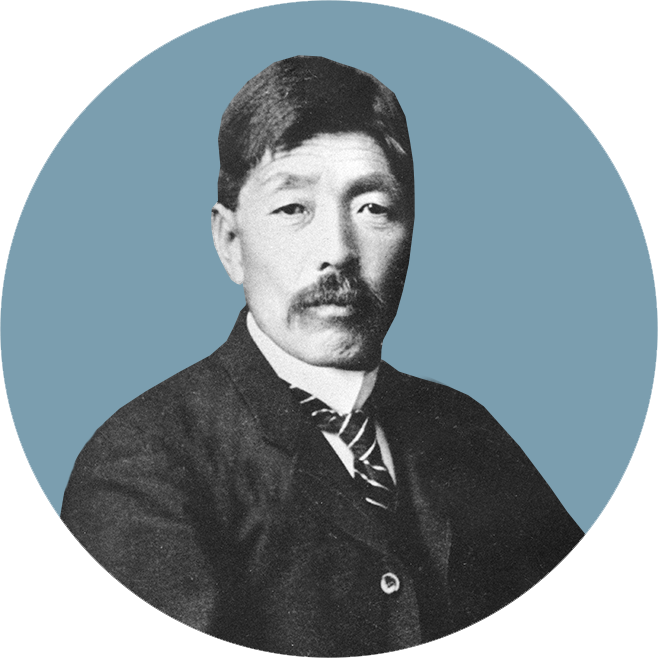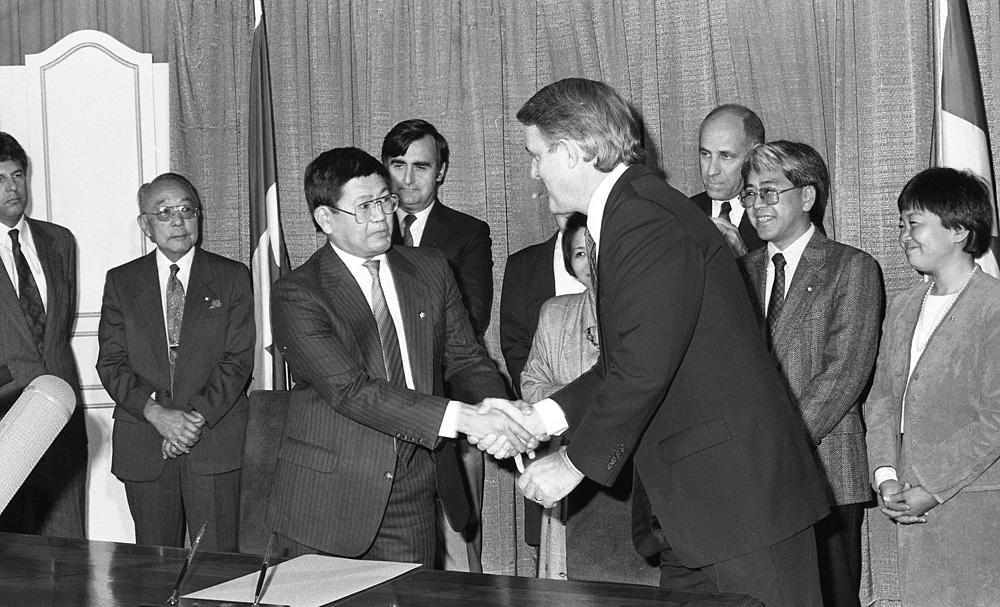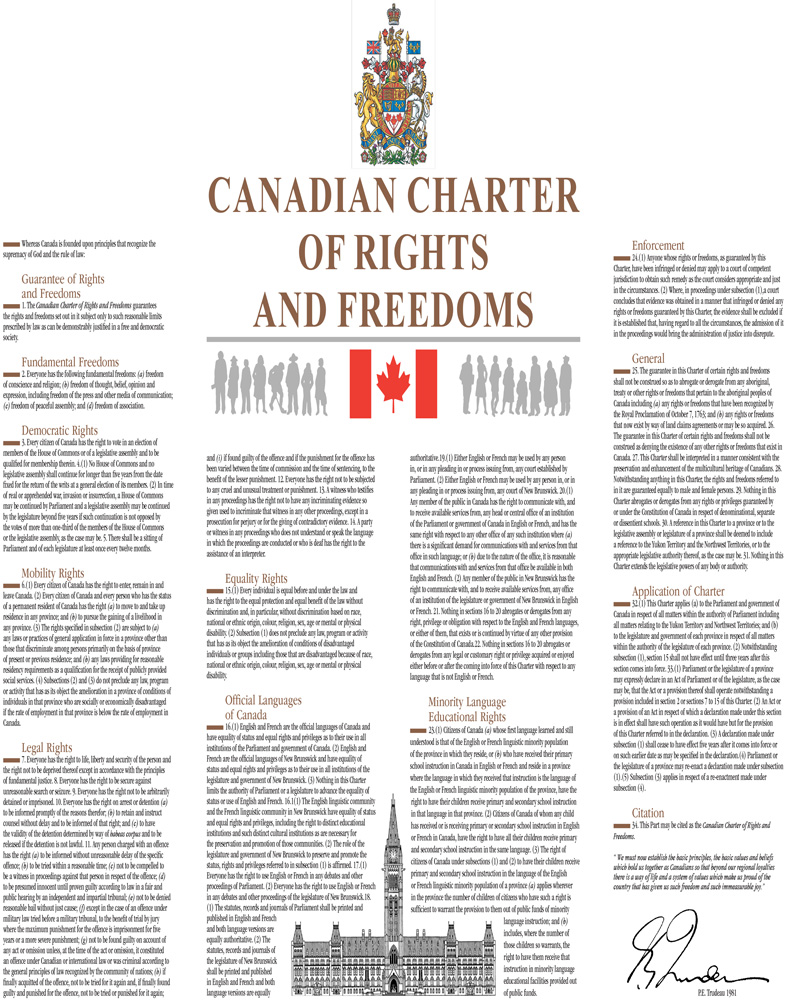The Long Fight for Rights

For generations, Japanese Canadians fought back when their rights were denied.
In 1902, Tomekichi Homma challenged British Columbia’s election laws that prohibited Indigenous people as well as Chinese and Japanese Canadians from voting. His case ended with the decision that British Columbia had full authority to discriminate on the basis of race.
Japanese Canadians never accepted the racial inequalities of Canadian law. In the 1920s and 1930s, they continued to challenge restrictions of their rights. In 1931, Munetaka Samejima went to court to fight the government’s effort to deport him from Canada. Considering his case, a majority of the Supreme Court of Canada found that government’s process had been unfair. One judge wrote, “I admit I am horrified,” at the unjust application of law on racial grounds.
During the 1940s, Japanese Canadians continued to assert their human rights. In 1943 they challenged the constitutionality of the forced sale of their property. Then, after the end of the Second World War, their continued protests forced the government to establish a Royal Commission that investigated their losses.
A renewed spirit of activism in the 1970s brought the harms against the Japanese Canadian community back into public discussion. In 1981, parliament held hearings to debate the wording of a new Constitution. The Canadian Charter of Rights and Freedoms was meant to protect against discrimination by government. At the hearings, representatives of the Japanese Canadians community warned that if the Charter did not protect rights fully, Canada would be allowing “history to repeat itself.”
The presentation helped to influence the final wording of the Charter. The Constitution would now demand that any proposed limitation of rights be “demonstrably justified in a free and democratic society.”
In the 1980s, the Japanese Canadian community and their allies demanded that the government acknowledge the harms it had caused them. On September 22, 1988 Prime Minister Brian Mulroney stood in the House of Commons. “I know I speak for members on all sides of the House today,” he said, “in offering to Japanese Canadians the sincere apology of this Parliament.”
In the decades since, the Japanese Canadian community has continued to remember this history and to fight discrimination in Canada.
 Nikkei National Museum, 2010.32.89
Nikkei National Museum, 2010.32.89
 Courtesy of the Department of the Secretary of State, Canada
Courtesy of the Department of the Secretary of State, Canada
